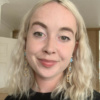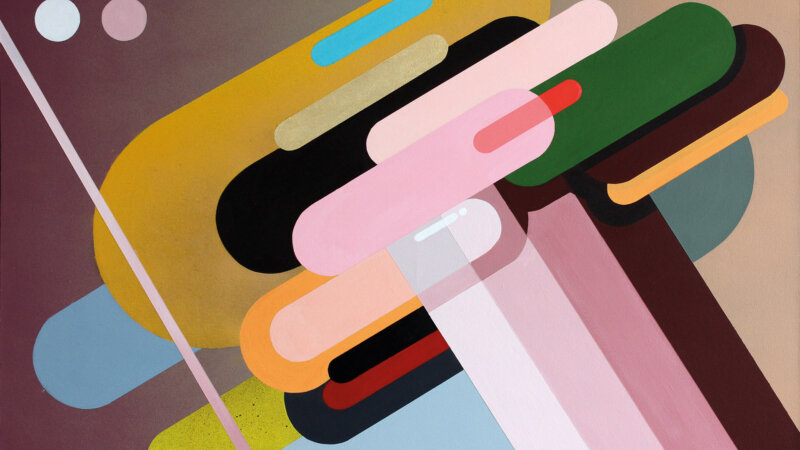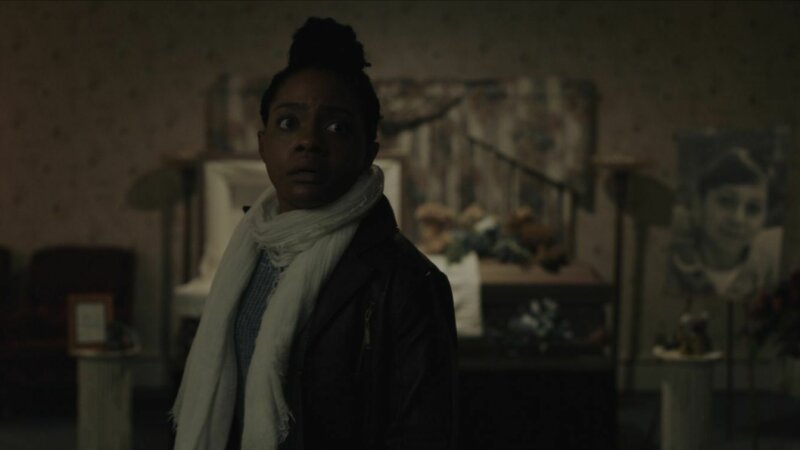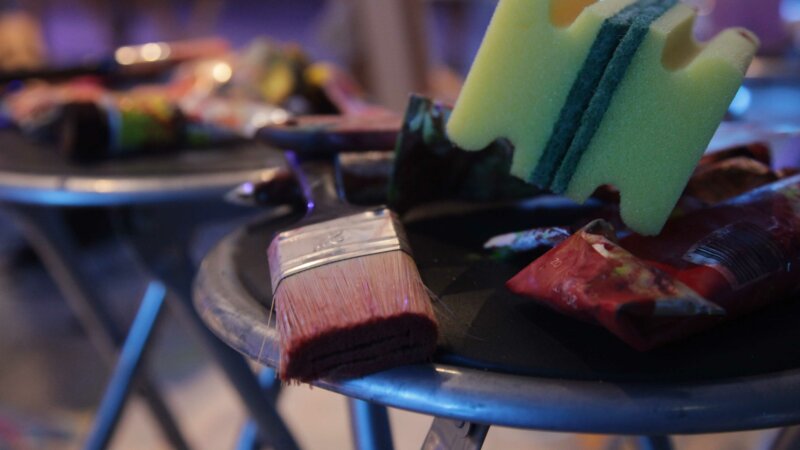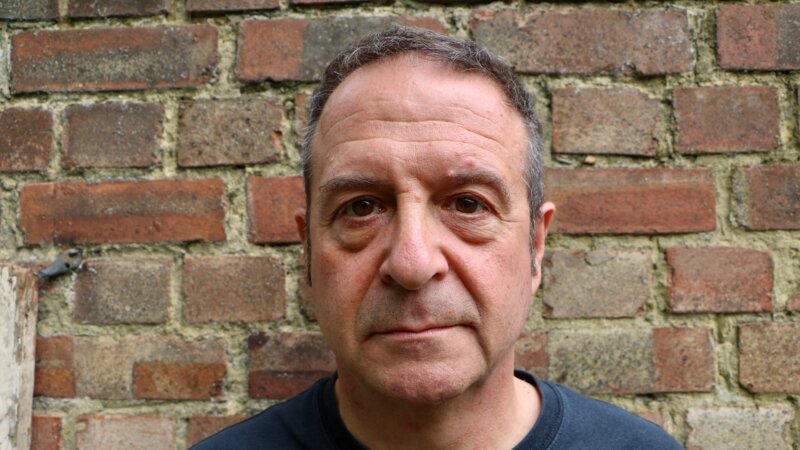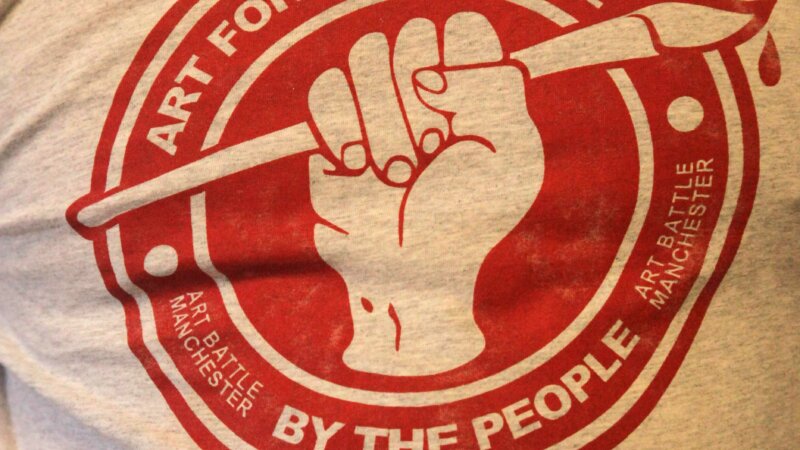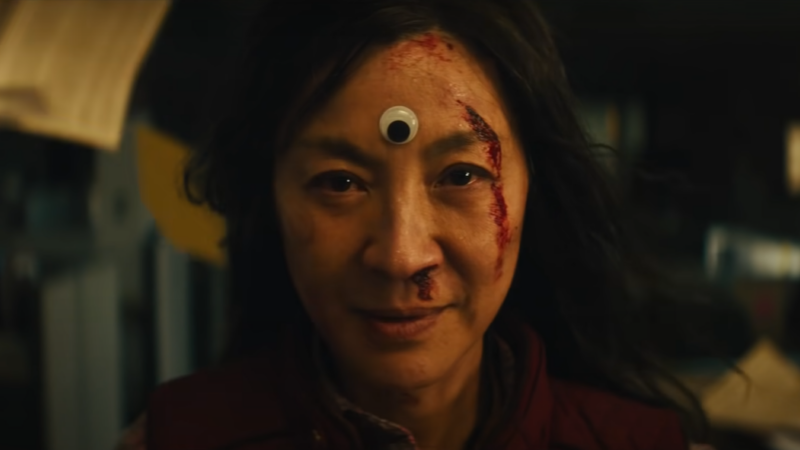Desree Finding a Place
We sat down with Desree to see how she is making a change and putting her stamp on the spoken word scene.
Creating safe spaces for women writers, delivering TEDx talks, using art to engage with young people in schools, and occasionally throwing in a fuck boy poem; Desree is doing all of this and more. She embraces the beautiful in the everyday and addresses the things we find easier to not think about. I dare you not to be inspired by her talent and passion.
Since her first event back in 2014, which aimed to give individuals encouragement and opportunities, she has since supported rapper, poet and political activist Akala, as well as Lauryn Hill. The pioneer poet has released her own zine and is embarking on a tour with her commissioned spoken word play.
We sat down with Desree to see how she is making a change and putting her stamp on the spoken word scene.
You have a much-needed voice in poetry. What topics or issues do you primarily address in your work?
Pretty much everything. I suppose the overarching subject matter is of my lived experiences. So, things like social justice, fuck boys, shitty relationships, day-to-day interactions, and mental health.
By discussing these things, how do you hope your voice helps or impacts on people?
I think it’s just the idea of being able to start a discussion. People talking about it and presenting it in an accessible way starts a conversation. I think that’s the integral part of change in any area of life.
You are also a spoken word educator. How important is this form of expression and education for young people today?
It’s integral. It’s the way that everything continues, but more importantly gets better. With poetry, spoken word, and writing in general an outlet is created. A healthy outlet where you are able to speak about and be whatever you want, and people have to listen. It’s so important. Also, the thing with spoken word and writing in general is that you can see rises in other aspects in terms of in schools, spoken word workshops or poetry workshops help with creativity. They help with drama, writing, public speaking, etc. They also very much impact on young people’s mental health. I think that’s the thing with the arts, they really need to be pushed in schools, because it’s so important in the way people connect with life.
So, you grew up in Slough. Can you tell us about your background and how it affects the work you do now?
I’m based all over the place at the moment. But I was born and raised in Slough and I still live there, as well as in London. I have the poetry collective in Slough, which means that I spend time there every other weekend. I grew up on a council estate and I also went to a Catholic primary school and secondary. This was a massive mix of worlds. It definitely affects my work in terms of my perspective. I’m so used to being in such contrasting situations, with such different people on a day to day basis. It’s a wild mix of the two. It means that I have seen a lot of things first hand, in terms of political and social change and I’ve seen the actual effects of that. But then I’ve also been lucky enough to have the opportunity to go to University, and I love reading. The way I was brought up means that I’m able to access these issues on both levels. I can see it, but I also have the opportunity to read about it and understand it academically.
You have released a hand-drawn zine fusing spoken work and art, called Find Yourself a Place…
Yes! It’s a tiny, A5 collection. It fits right in your pocket. I basically needed some merch.
I worked with this amazing visual artist called Siannon Saunders, and if I’m honest she did most of the work. I went to her and said, “I have some poems and ideas and I want to make them look cute.” So she drew everything, put it all together and formatted it. She literally sent it all to me to then send to the printers. She was absolutely amazing. I had the idea, but she then ran with it and produced a great piece of work.
What was the inspiration behind it?
Artwork and poetry being mixed together. It has six or seven poems in it. I want it to be an ongoing pattern. I did it with my last collection as well. I like having printed work and then I will perform the poems in different places. The reason I do that is because as a spoken word artist I think it’s essential to what I do, in terms of my work being spoken and then being accompanied with this printed work. People reading my work is one of my biggest fears. I always think, ‘Are people going to read it and realise it doesn’t make any sense?’
I suppose these are largely different experiences, performing to a crowd of people and having it written down in a form that you can look over and over…
Yeah, like certain things don’t work in some formats. If it has installation or visual aspects that accompany the poetry, so it was all about trying to navigate that as well.
What do you hope people will take from reading your work in this format? Is it the same as if people come to see you live?
I put the QR codes in the zine, so people can both see the performance and read the work. It can be accessed in those different ways. Sometimes, the way I put it on the page will be slightly different from the way that it’s spoken. Just for clarity, and the way that it sits etc. I think that’s important as well, because poetry is such a wide and expressive art form that it can be done in so many different ways.
What can people expect to see from your nationwide tour coming up this autumn?
So, just before and including summer I’ve been touring a load of festivals. Then in the beginning of November, I start my tour of a spoken word play; a play for young people. It’s called Crowded, and it’s a mix of spoken word in a play format. I’ve been working with two amazing poets on this – Laura Ray and Slam. It’s immersive. It’s been made really for ages 13 and above, so for a young adult audience. It is an exploration of mental health and again, as I said, it’s just aiming to start a conversation. It should be fun. It will be touring all over the UK with Apples and Snakes and Half Moon productions.
You’re participating in one of the monthly residencies of the That’s What She Said event in Manchester. What can you tell me about this event?
I first did one in London with them. They hold this event in Manchester, Bristol and London. It’s an all-female line up. It’s a really powerful space. It’s women together; all performing and talking.
Sometimes laughing, sharing trauma and living shared experiences. Sometimes they have novelists and people reading parts of their work. I’m joining them to do a poetry set. You get to meet so many strong and powerful women, beautiful women – it’s such a cool space to be in.
How important is it for women to have a voice in poetry?
It’s integral. I think it’s just really important because, especially in poetry, when people hear it it’s supposed to be with understanding. In such a white male dominated scene, it is necessary to give this voice to women. Not even just for women, but for women of colour or people of colour in general. People need spaces where they feel safe and where they can unapologetically be themselves, to discuss things without judgement or pre-context. Especially in a space led by women and for women, you can talk about an experience and others know how that feels. Whereas in some situations or spaces, you would have to explain how you feel and why you feel that way. Sometimes that’s not healthy, especially if you’re still processing it.


